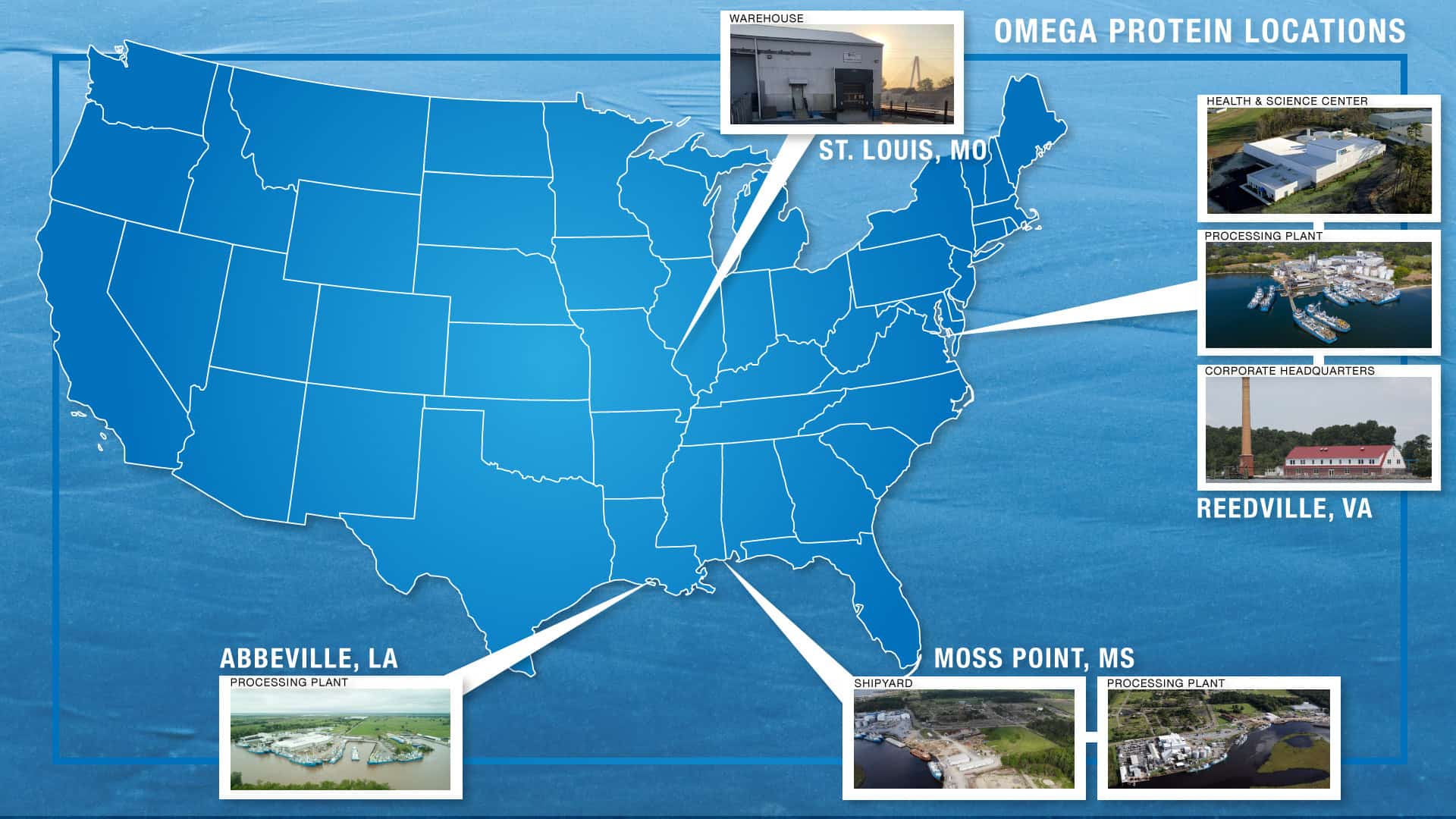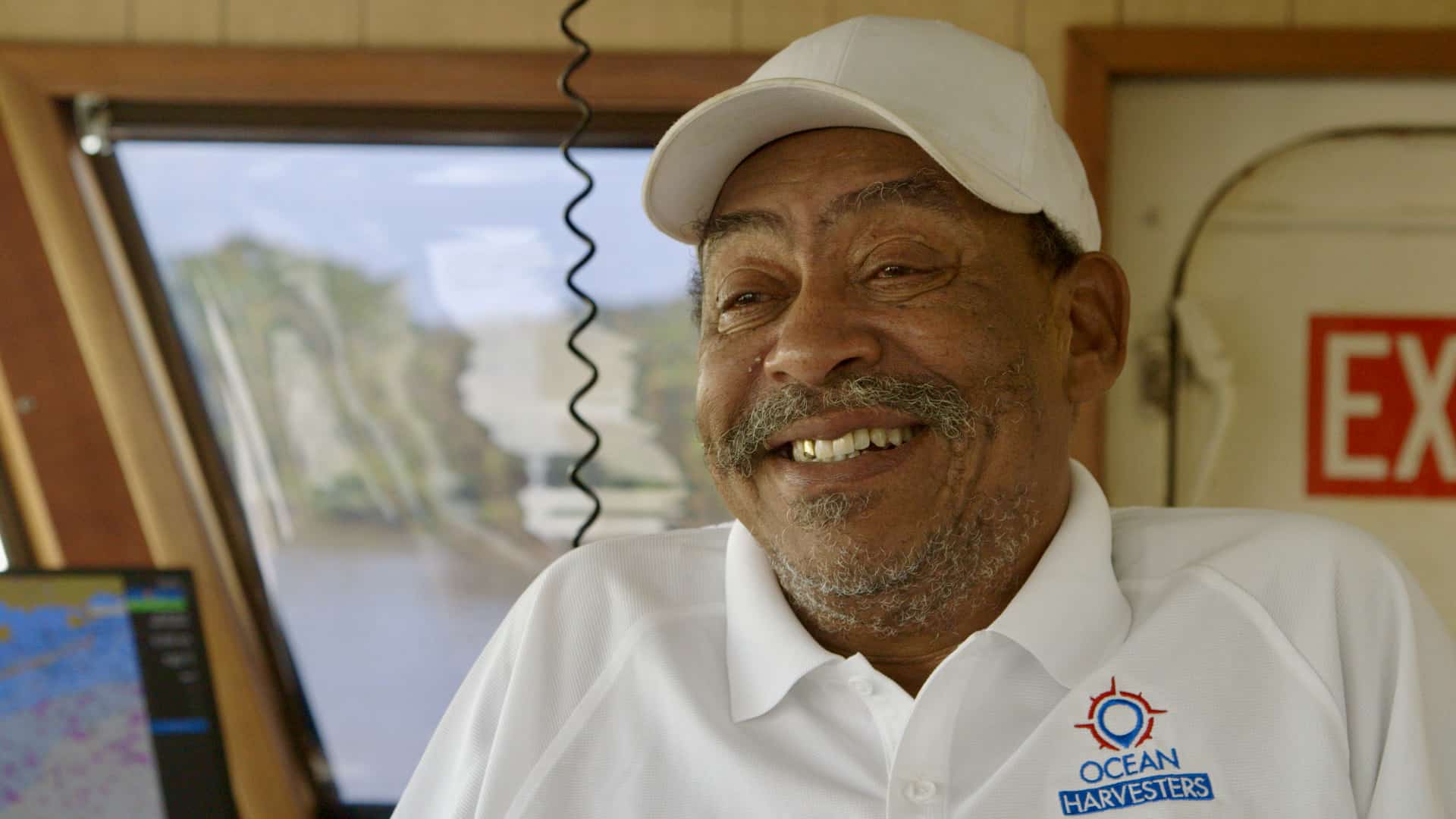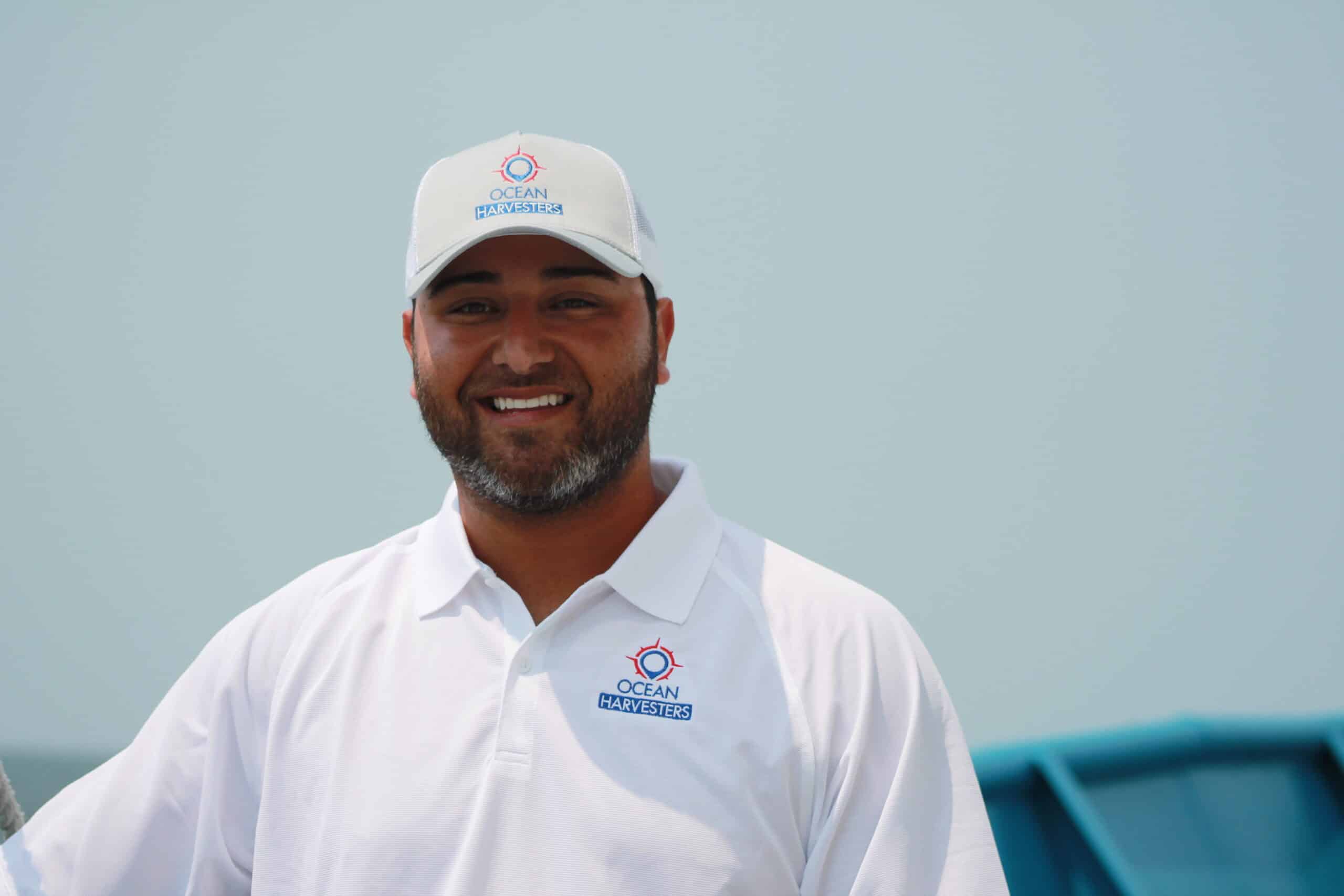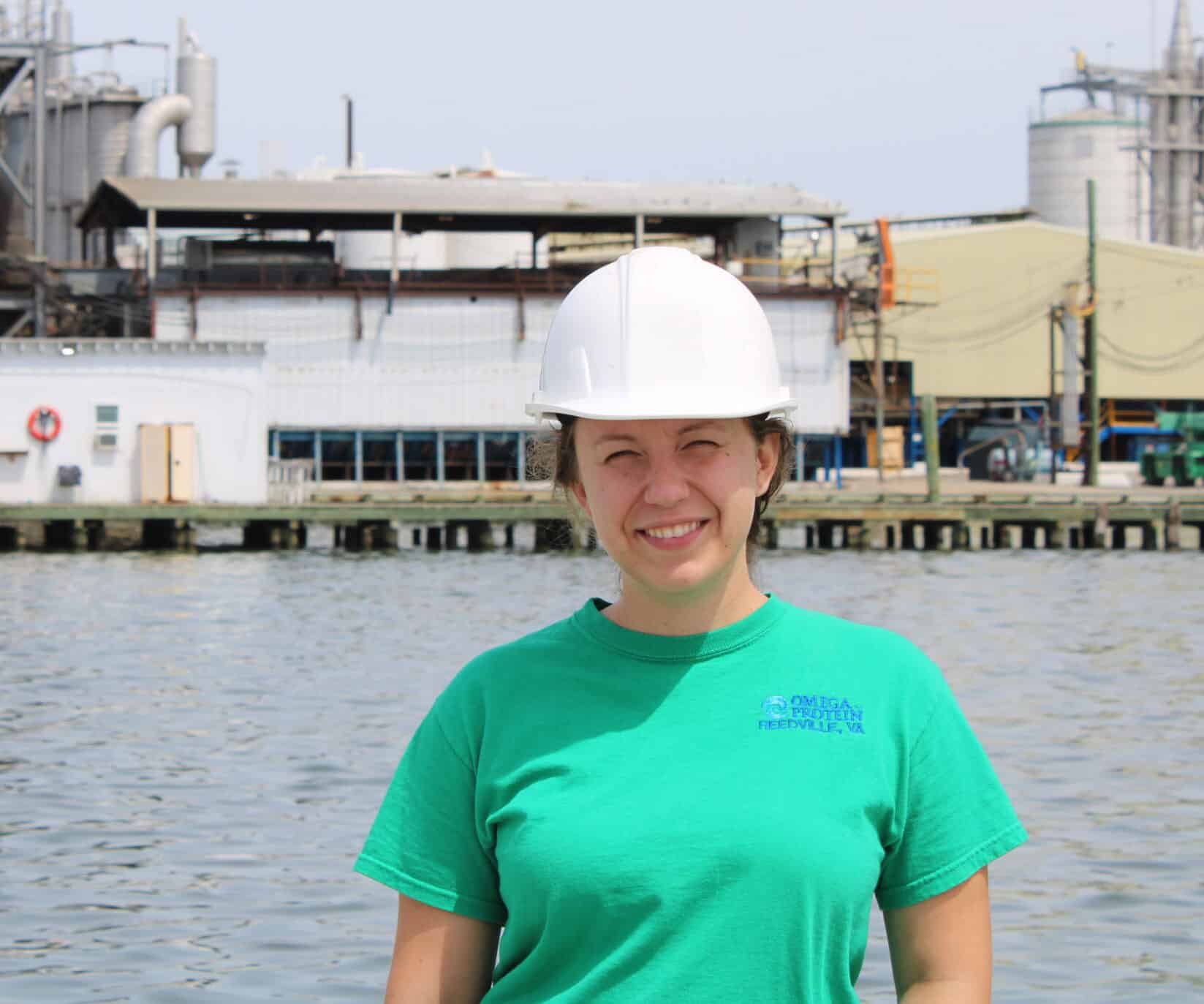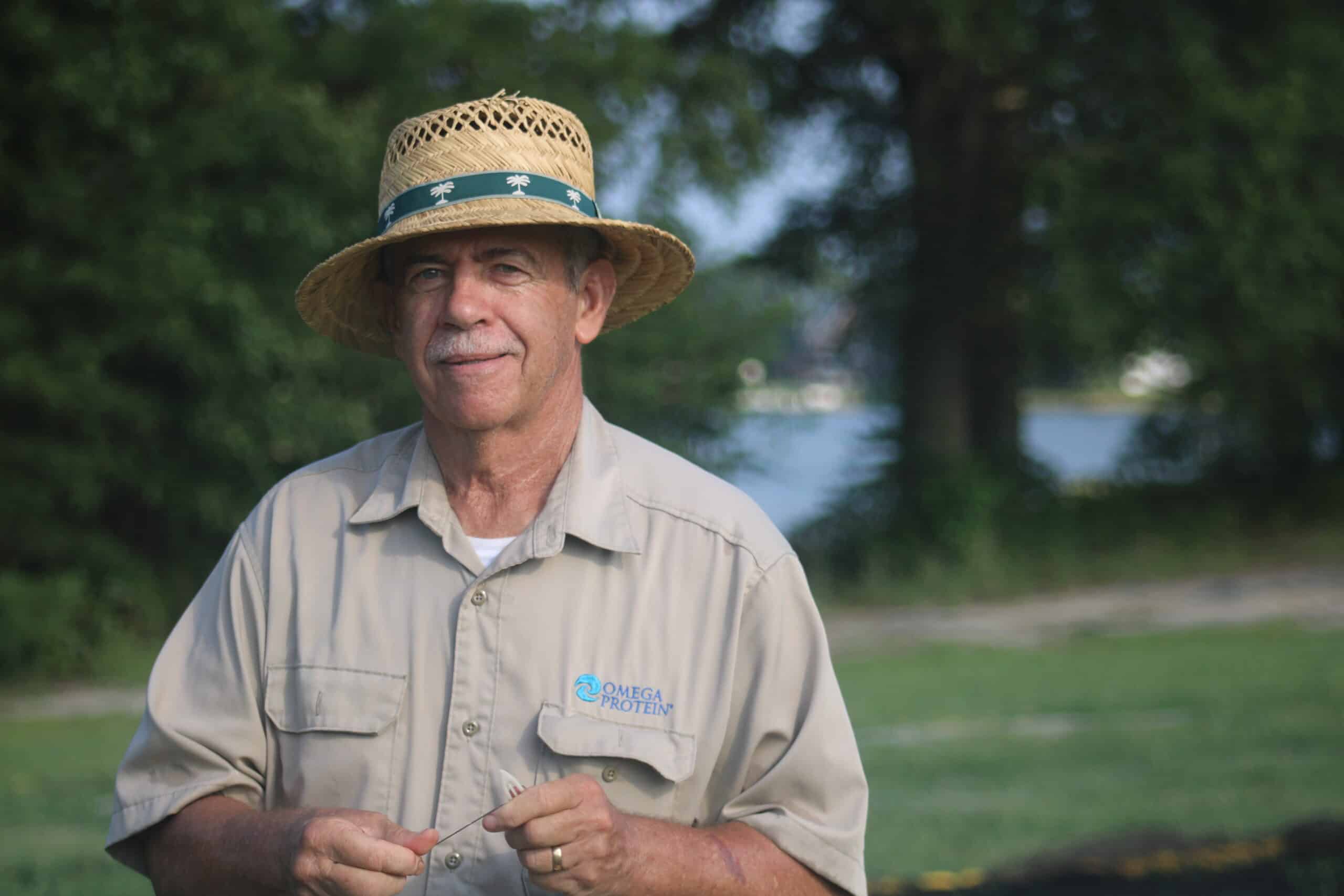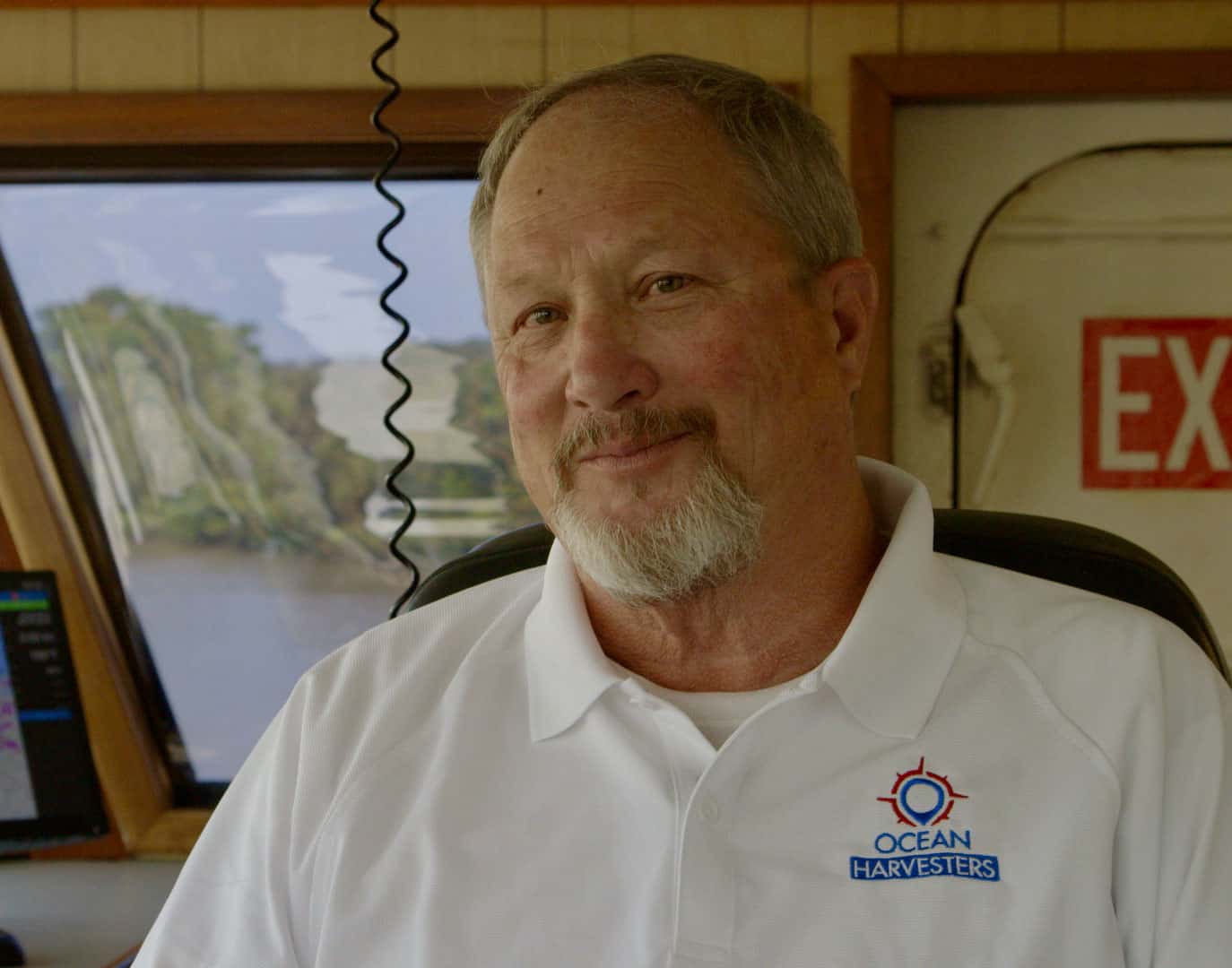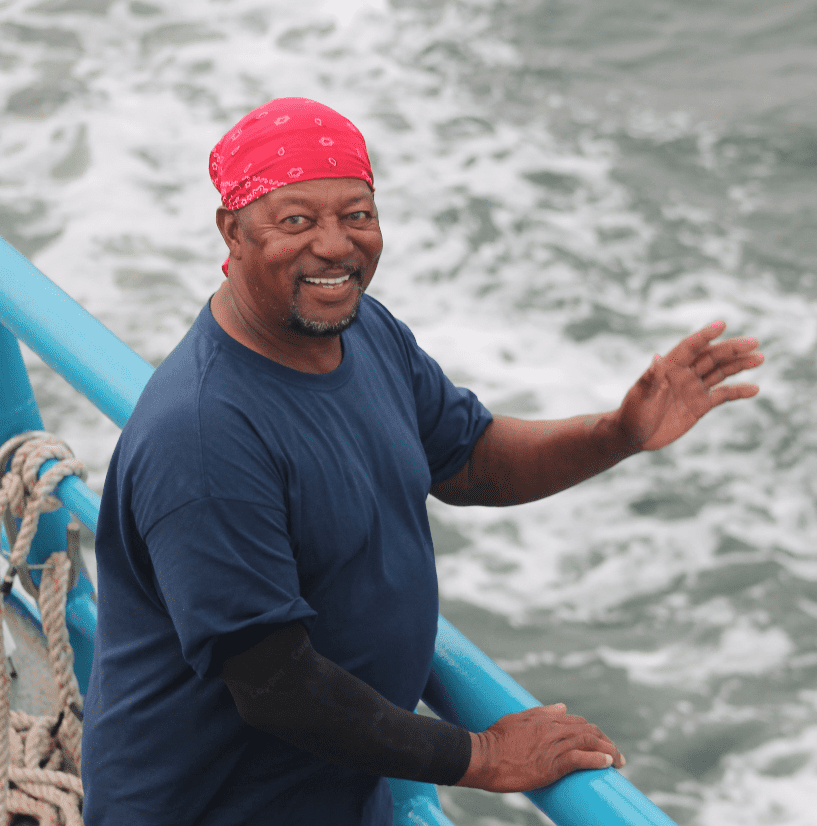Our Story
Powered by Passion
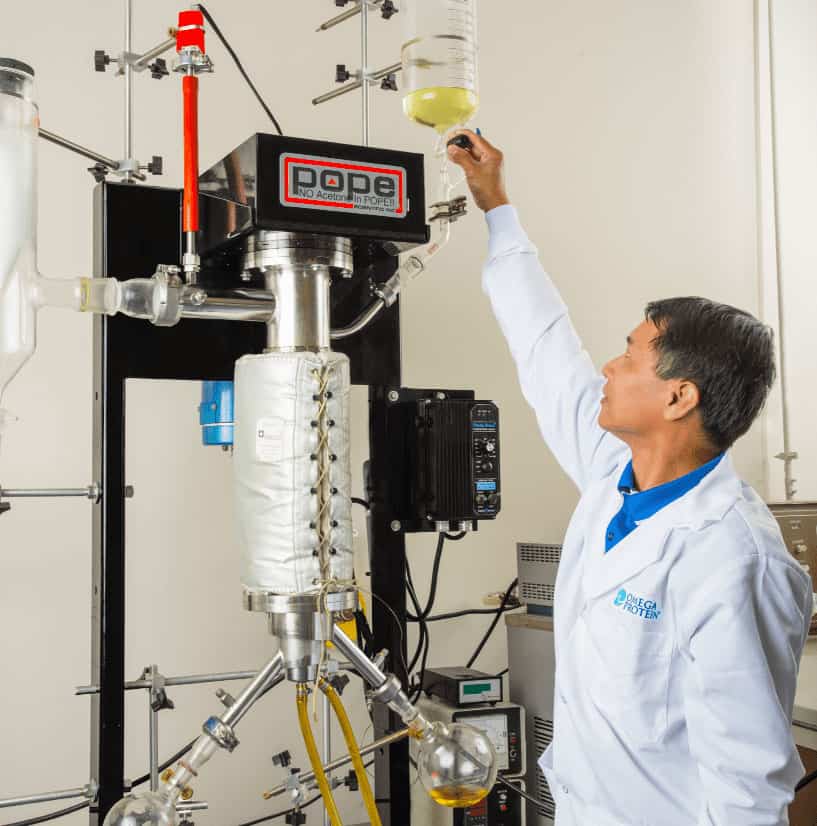
Made to Sustain
For more than 100 years, our family at Omega Protein has delivered quality ingredients that improve the nutritional integrity of food, supplements and animal feed to allow consumers and their families to live healthier lives with better nutrition.
Lead by Science
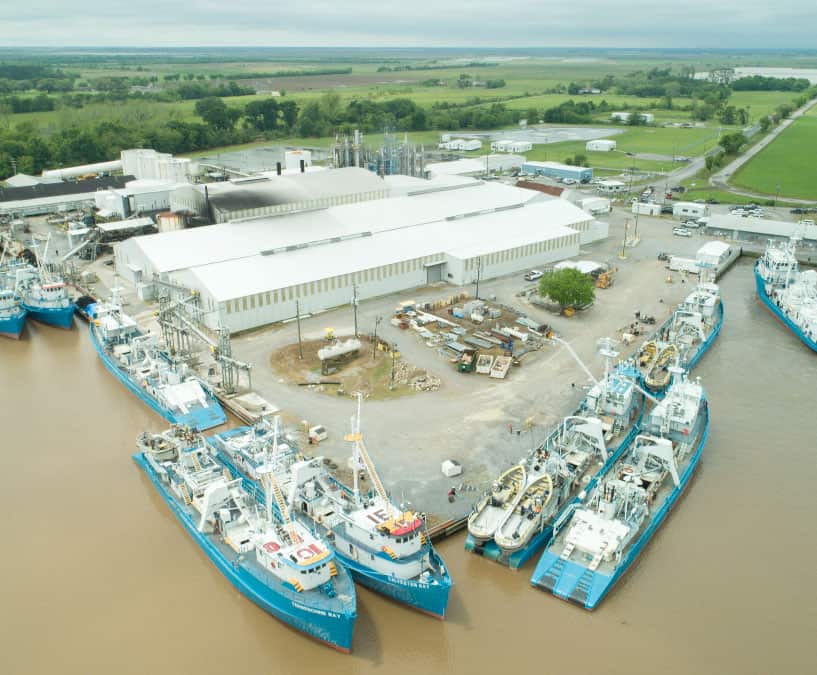

Created for You
OUR HISTORY
Omega Protein Throughout History
Haynie Brothers
The Haynie brothers of Reedville, Virginia started the Haynie Snow Company which Omega Protein first originated from.
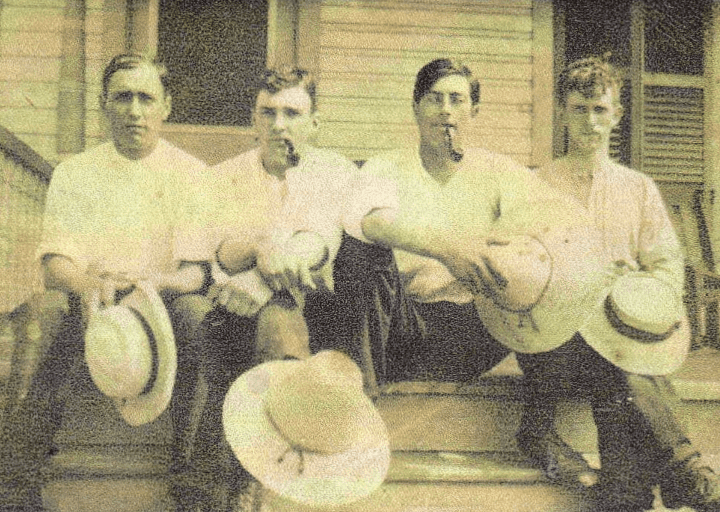
Fish Meal Conversion
The Federal Bureau of Fisheries became interested in the conversion of menhaden remnants into fish meal to supplement hog diets and enlisted the help of the Reedville Oil and Guano Company, one of the largest menhaden fishing centers on the coast.
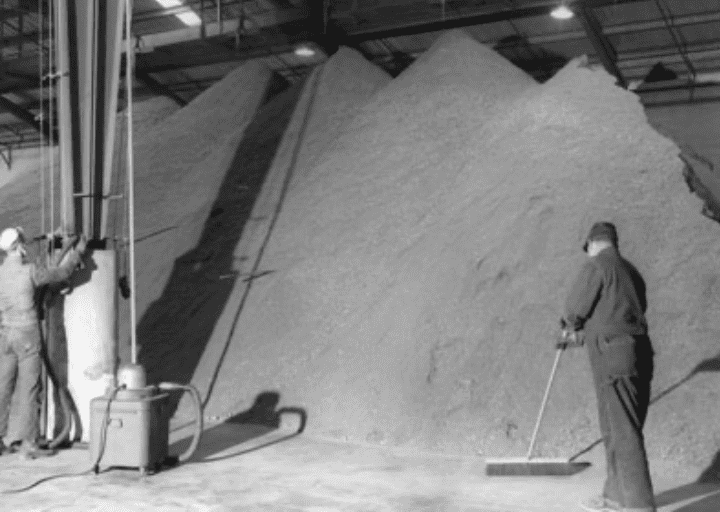
Fish Meal Added to Pig Diets
Farmers found a small amount of fish meal added to pig diets yielded heartier livestock and bigger profits.
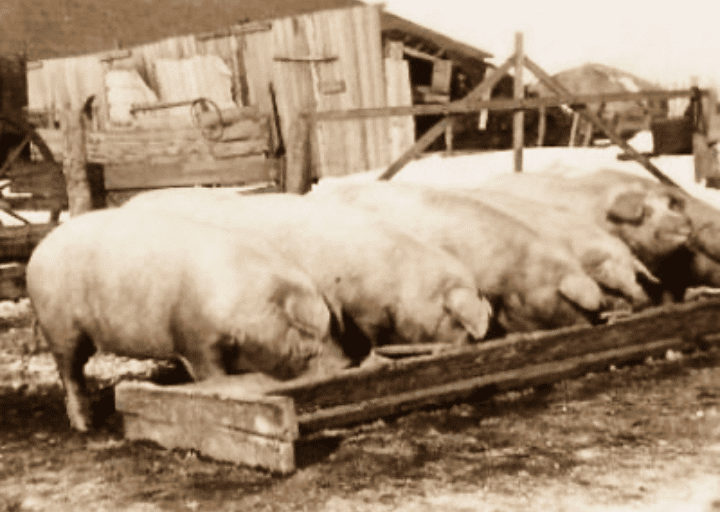
Spotter Planes
Following World War II, several experienced pilots began spotting menhaden schools, and this process proved to be successful. In 1947, spotter planes were integrated into the Company’s fishing practices, increasing annual catches between 50 and 75 percent.
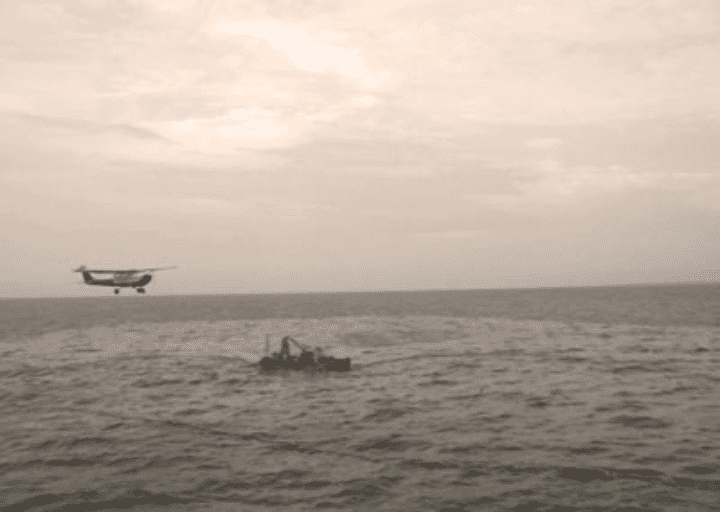
Hydraulic Power Introduced
Hydraulic power blocks were introduced, nylon seines replaced the natural fiber nets, and large fish pumps became standard equipment on most carrier vessels. Larger steel carrier vessels designed specifically for menhaden fishing began replacing the smaller and aging wooden-hulled vessels.
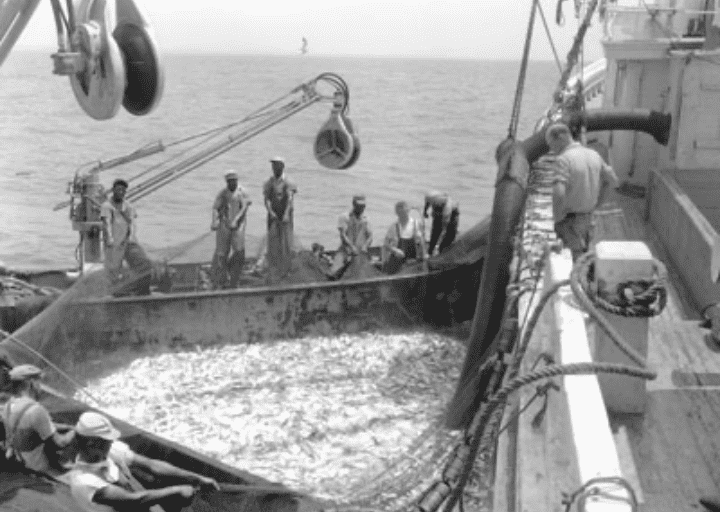
Atlantic Coast Monitoring
National Marine Fisheries Services began monitoring the biostatistical data of the menhaden fisheries on the Atlantic Coast. Since this time, all data is gathered each time nets hit the water to measure the health of the stock.
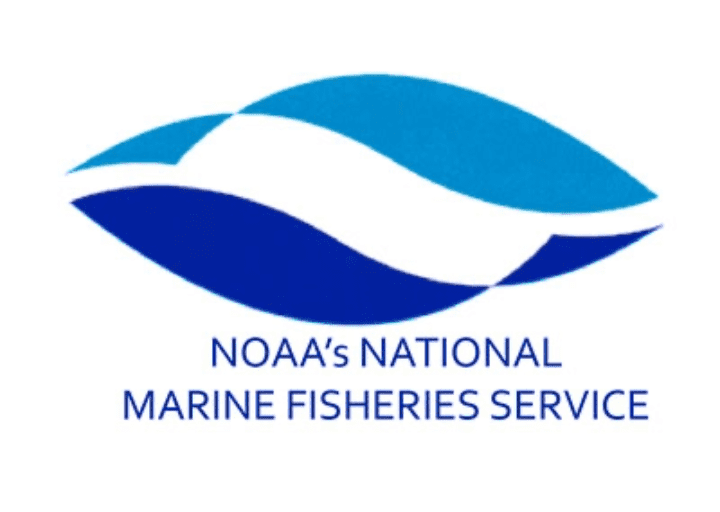
Set Time Cut in Half
Hydraulic power blocks came into wide use in menhaden fishing, reducing the thirty-man purse-boat crews and cutting the time taken to make a set in half. Refrigerated fish holds were introduced to the Gulf menhaden fleet.
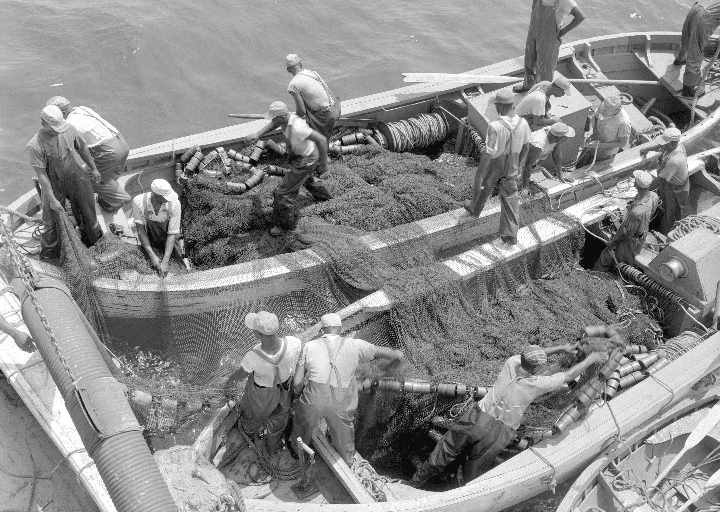
Aluminum Boats
Aluminum purse boats began replacing wooden purse boats.
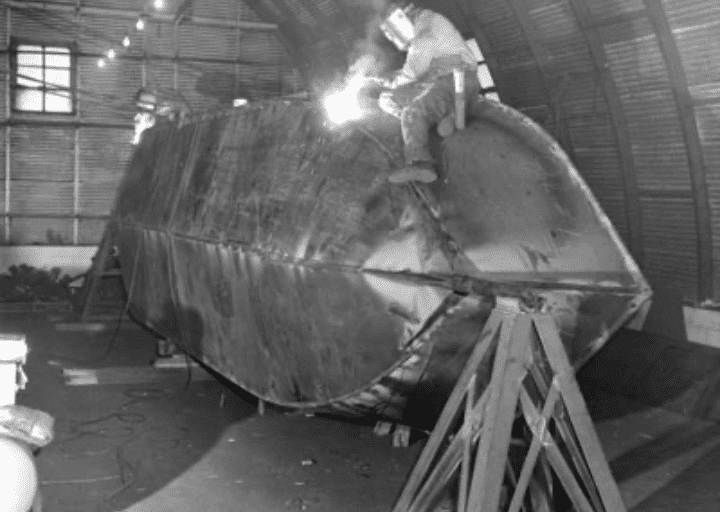
Gulf Coast Monitoring
National Marine Fisheries Services began monitoring the biostatistical data of the menhaden fisheries on the Gulf Coast.

Zapata Haynie Formed
Zapata Corporation offered Haynie Products $11 million forming Zapata Haynie Corporation.
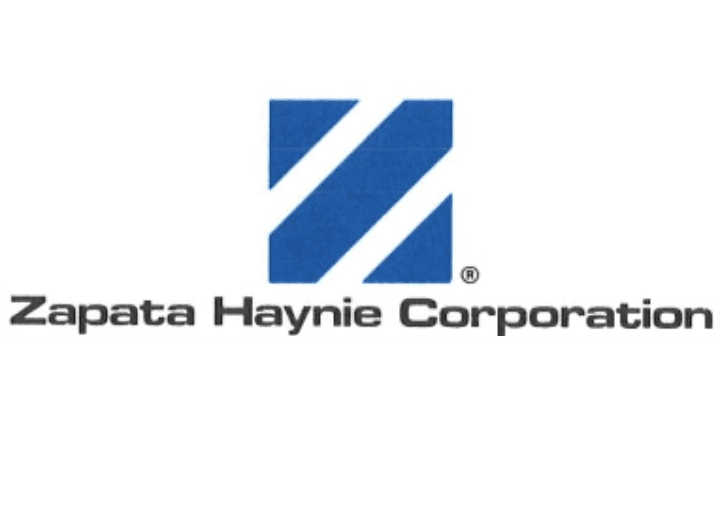
Purchased SeaCoast Products
Zapata Protein purchased Seacoast Products, Inc. for $19 million acquiring Seacoast’s Cameron, Abbeville, Morgan City, and Moss Point plants as well as 27 fishing vessels, 26 spotter aircrafts and inventory. Previously Zapata Protein operated out of Reedville, Cameron, Dulac, and Moss Point.
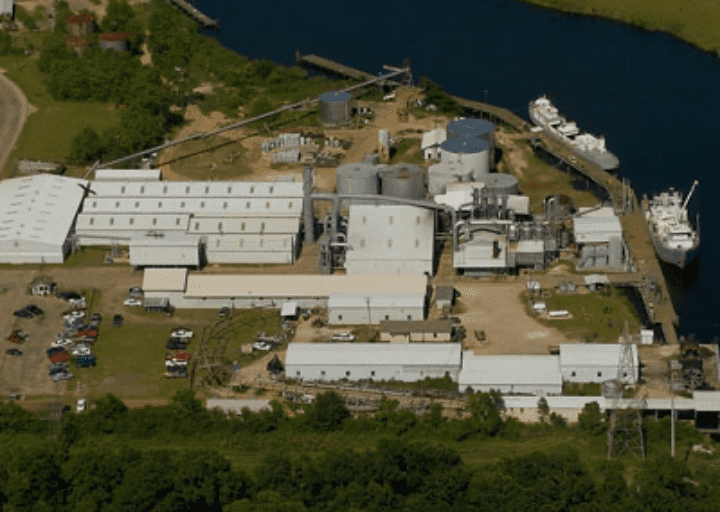
Menhaden Fish Oil GRAS Approved
Menhaden Fish Oil becomes Generally Recognized as Safe (GRAS) approved for use in food and beverages.
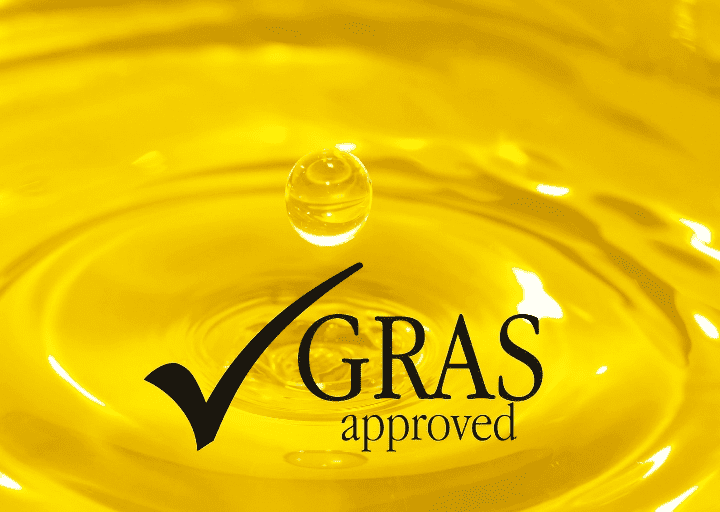
Omega Protein Formed
Omega Protein Corporation was incorporated in Nevada as a wholly owned subsidiary of Zapata Corporation.
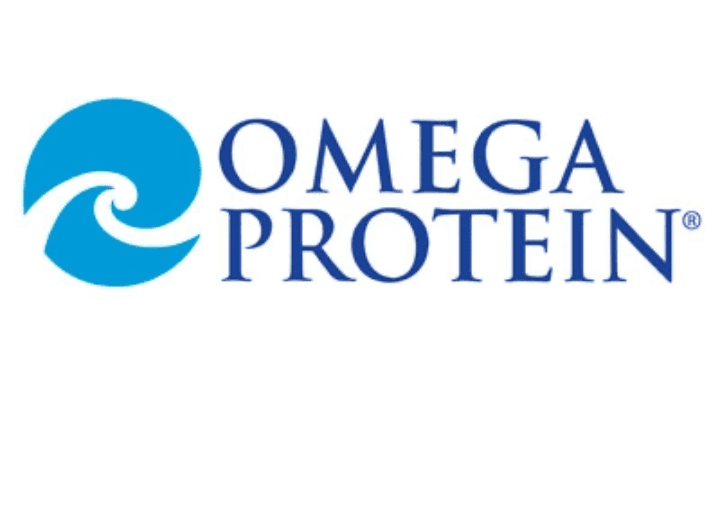
NYSE OME
Omega Protein Corporation is no longer a wholly owned subsidiary of Zapata Corporation, becoming a publicly traded Company on the New York Stock Exchange: OME.
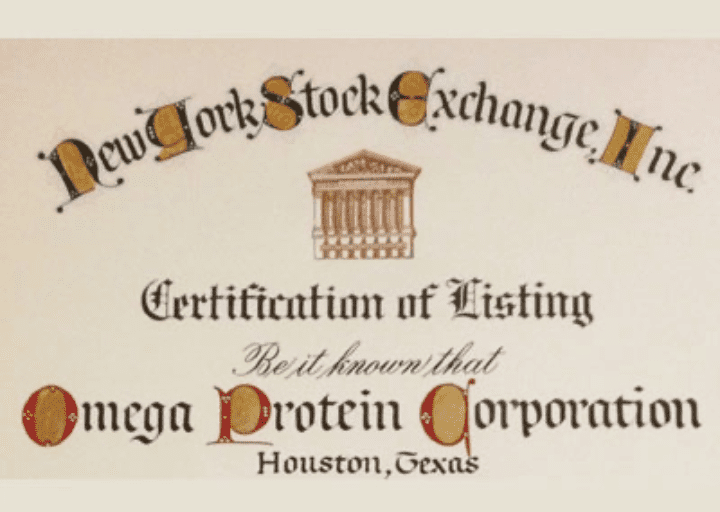
Health and Science Center
Omega Protein Corporation announced the completion of the Company’s Health and Science Center in Reedville, Virginia. HSc is the only fully-integrated fish oil processing facility in the United States and allows the Company to manufacture and refine menhaden oil.
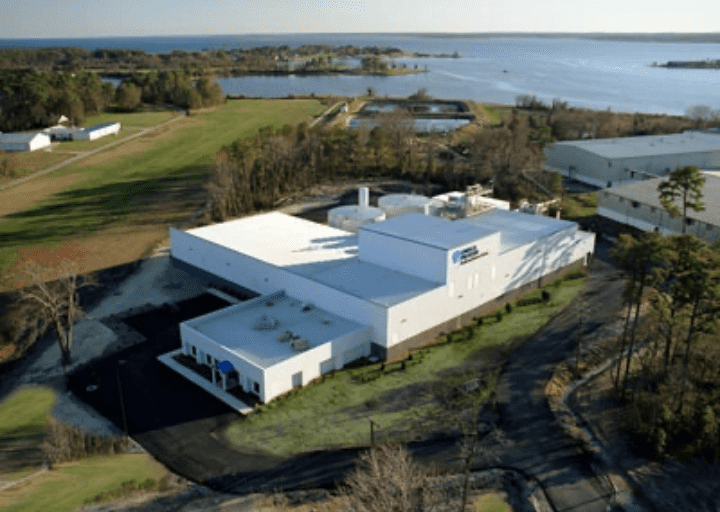
Friend of the Sea
Friend of the Sea marked the first sustainable seafood certification for Omega Protein, years later Omega Protein achieved the highly regarded MSC certification.
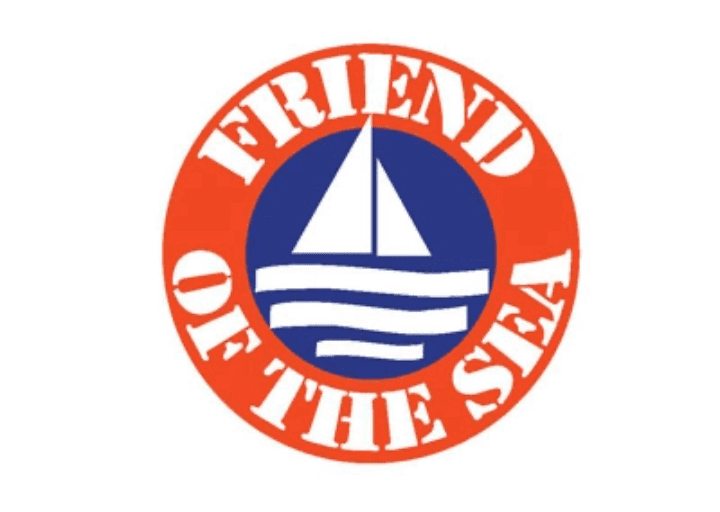
Omega Protein acquired by Cooke Inc.
Omega Protein acquired by Cooke Inc. Cooke Inc. is a global seafood leader with fully-integrated facilities, product lines and distribution networks.

Menhaden vessels purchased by Ocean Harvesters
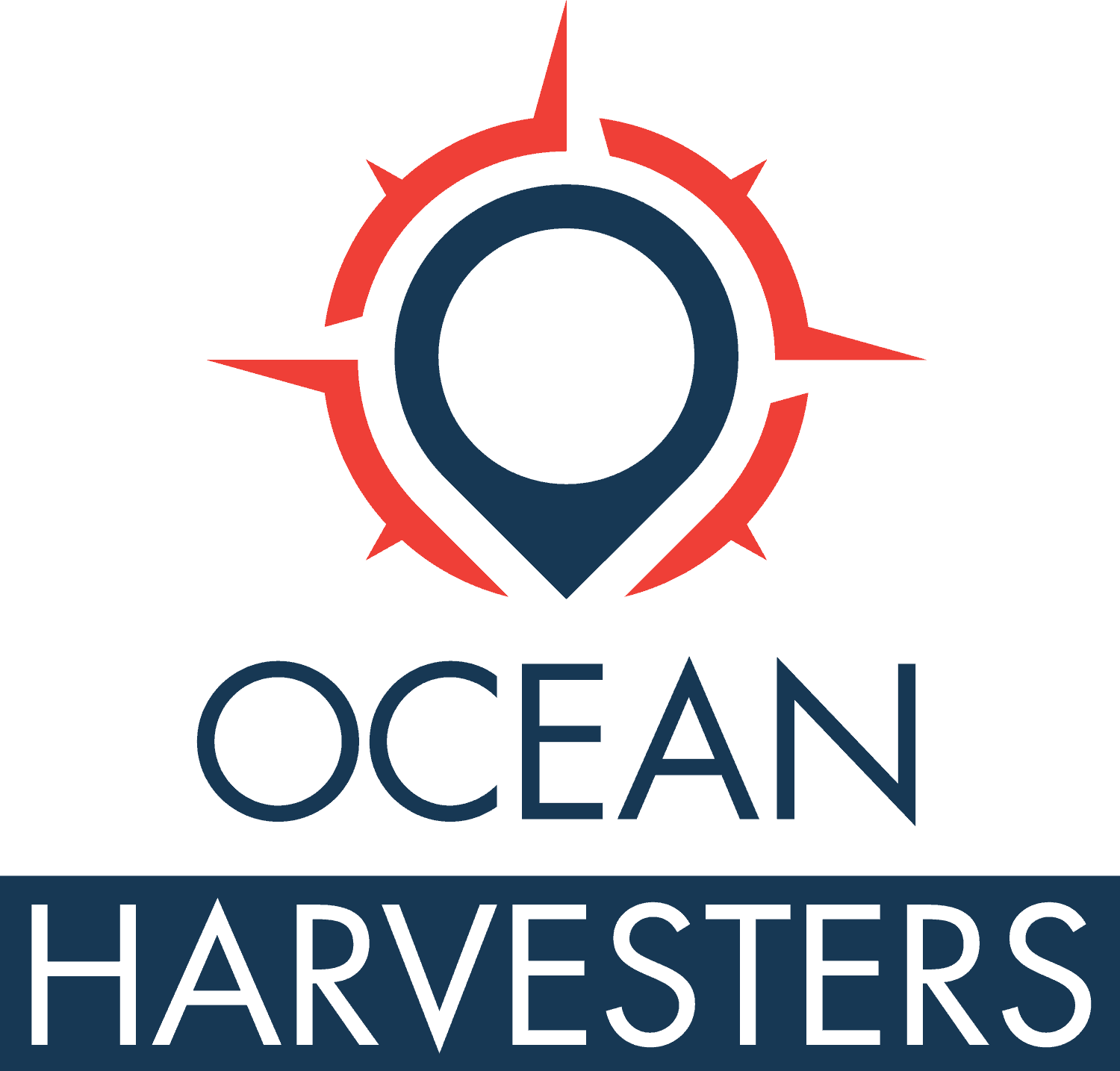
Omega Protein Achieves MSC Sustainability Certification
Omega Protein officially achieves certification against the Marine Stewardship Council (MSC) standards. The MSC standard is considered perhaps the strictest and most reliable indicators of seafood sustainability. Omega Protein is required to follow the internationally recognized best practices for operating healthy, sustainable fisheries.
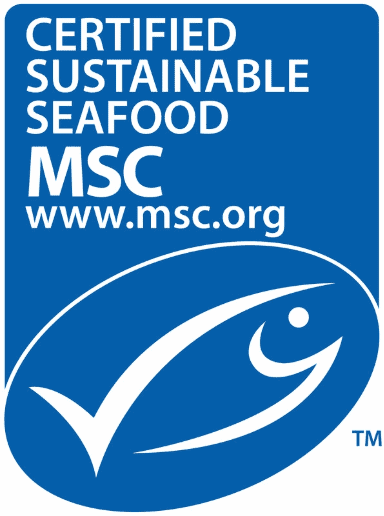
WHERE WE CALL HOME
